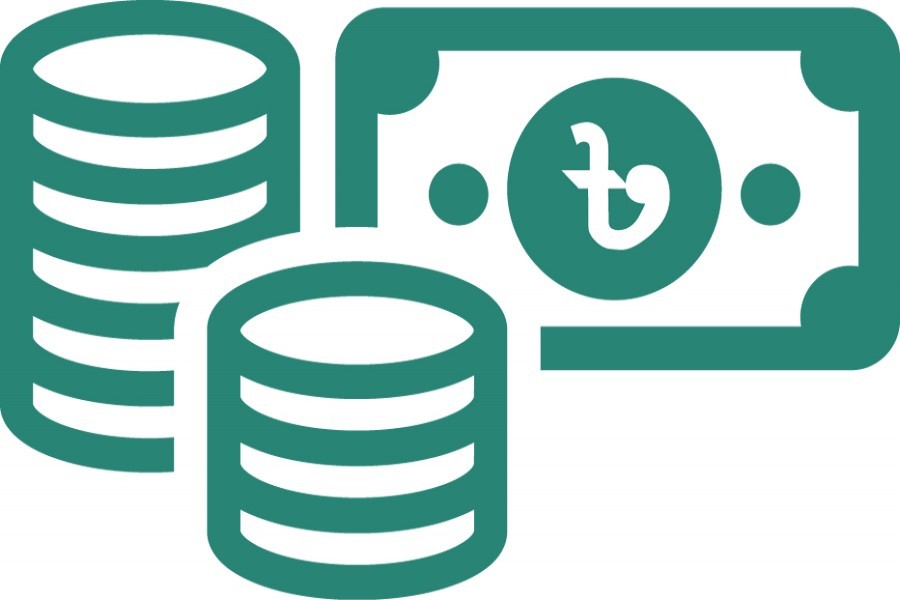No taxpayer will be able to get exemption from any audit by showing only a gross increase in the annual income compared to that of the previous year, according to a new guideline.
Taxpayers now will have to show an increase by 15 per cent in income from the particular sources that they showed in the previous fiscal's tax returns to get exemption from any audit.
Experts said the measure would help the tax authority check inclusion of undisclosed income in the tax returns under general provisions.
Earlier, the tax authority allowed exemption from audit in the event of a gross increase in the income.
The National Board of Revenue (NBR) included new provisions to this end in the recently-issued 'Audit Selection Guideline' for audit of tax returns for fiscal year (FY) 2017-18.
Field-level tax officials will have to follow the guideline in selecting tax files of both corporate and individual taxpayers for auditing.
The NBR circulated the guideline to all the field-level tax offices across the country.
Under the Income Tax Ordinance-1984, tax returns are exempted from any audit on certain conditions.
They include the 15 per cent higher income from the specific sources shown in the previous fiscal's tax returns.
Talking to the FE on Sunday, a senior income tax official said a taxpayer's income must be higher from the specific sources mentioned in the previous tax return to get exemption from auditing.
"The taxmen will not consider an aggregate increase in income or higher income from other sources not shown in the previous return," he said.
However, many of the taxpayers said the measure was 'unjustified'.
They said a taxpayer could earn 15 per cent higher income from other sources also.
Md Shahadat Hossain FCA, council member of the Institute of Chartered Accountants of Bangladesh (ICAB), termed the new measure harsh for genuine taxpayers.
The NBR, perhaps, devised the measure for tax evaders to check inclusion of undisclosed income in their returns, he said.
Many taxpayers said the criteria for selecting tax files for auditing became quite broader now.
None of the taxpayers would be able to escape auditing under the new guideline, they said.
However, the NBR selects less than 2.0 per cent of the total tax returns for auditing.
Last year the NBR decided to pick 25,000 tax returns for auditing.
Field-level tax officials said the number of tax files for audit might be reduced for FY 2017-18 as the NBR introduced a system allowing revised returns.
Income tax member (audit, intelligence and investigation) of the NBR Arifa Shana said the taxmen might widen the selection of files for audit as the number of tax returns increased in the tax year 2017-18.
She said the selection of tax files would be done efficiently after automation of the taxpayers' database.
"Taxmen will be able to compare the data of last two-three years through the automated system," she said.
Under the existing manual system it was difficult for tax officials to match all data, she added.
Many taxpayers faced audit for two-three consecutive years for that reason, she said.
According to the audit selection guideline, taxmen are barred from selecting a tax-file for auditing on a certain condition for three consecutive years.
The guideline for audit selection criteria includes inconsistent deposit of credit in bank accounts and not depositing house property income in bank accounts, when the amount exceeds Tk 25,000 in a month.
The criteria also include undue tax-exempted income, showing excessive expenditure, acquisition, merger or amalgamation of companies, inconsistencies between the bank credit information and tax returns.
Also taxpayers, who are continuously showing income below the taxable limit, showing personal loan or collateral-free loan and concealed previous bank accounts, may face the audit.


